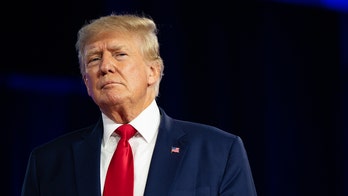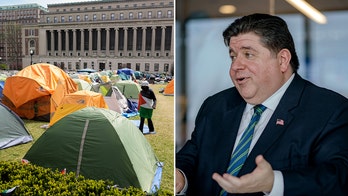The committee overseeing federal banking-bailout programs is investigating the lending practices of institutions that received public funds, following a rash of complaints about increases in interest rates and fees.
Since the Troubled Asset Relief Program was launched last October, banks bolstered by capital infusions have boosted charges on a wide range of routine transactions, hiked rates on credit cards and continued making loans criticized as predatory by consumer advocates. The TARP funds are intended to open lending spigots and make it easier for people to borrow money.
Last week, for example, Bank of America Corp. told some customers that interest rates on their credit cards will nearly double to about 14%. The Charlotte, N.C., bank, which got $45 billion in capital from the U.S. government, also is imposing fees of least $10 on a wide range of credit-card transactions.
Citigroup Inc., another recipient of government cash, is trying to entice customers to borrow at high rates. "You could get $5,000 today," Citigroup's consumer-finance unit wrote in fliers mailed to customers. The ads don't disclose that the loans often carry annual interest rates of 30%.
The interest rates "compare competitively to similar offers in the market" and vary depending on the creditworthiness of borrowers, a Citigroup spokesman said. Citigroup has received $50 billion in capital from taxpayers, and the U.S. government will soon own as much as 36% of the company's common stock.
"To continue to offer competitive products and services and responsibly lend in this current environment, we must adjust our pricing," said a Bank of America spokeswoman about the company's new fees and interest rates.




